The Best Reading Advice - 37 Books for 2025
37 book recommendations from some of the world's best tech and fintech founders, CEOs, and investors.
This article is part of Fintech Leaders, a newsletter with 70,000+ builders, entrepreneurs, investors, regulators, and students of financial services. I invite you to share and sign up. If you enjoy this conversation, please consider leaving a review on Apple, Spotify, or Youtube.
Over the course of 2024, nearly every time I've interviewed a fintech leader I've ended the conversation by asking for their favorite book recommendations. The result is this collection: 37 books recommended by 23 of the world's most innovative founders and investors.
Spanning 9 categories from Business to Science Fiction, these recs reveal how today's founders and investors draw insights from different fields. While business books dominate with outstanding works like "Crossing the Chasm" and "The Hard Thing About Hard Things," the inclusion of works like Richard Dawkins’ "The Selfish Gene" and Paul Kalanithi’s "When Breath Becomes Air" give us intimate insights into how great leaders learn and seek wisdom beyond their industry.
Whether you're building a company, investing in startups, or simply passionate about making better decisions in complex environments, this collection offers unique perspectives from those who have successfully navigated similar challenges.
Key Takeaways
Most recommended: "Crossing the Chasm," "Hard Thing About Hard Things," and "Shoe Dog" lead with multiple recommendations.
Books as tools: Leaders actively re-read many of these books during specific challenges rather than reading once.
AI influence: Science fiction picks reflect current tech advancements and future possibilities.
Diverse sources: Recommendations span from business classics to sci-fi novels and scientific works.
I’ve included the Amazon links for every book - which ones will you read in 2025?
Essential Business Building Books
1. "Crossing the Chasm" by Geoffrey Moore (4 recommendations)
Recommended by: Mike Seckler (Justworks CEO), Melissa Guzy (Arbor Ventures Co-Founder), Rujul Zaparde (Zip CEO), and Jouk Pleiter (Backbase CEO)
Readers specifically cited its practical framework for understanding market evolution and customer demographics. Rujul Zaparde mentioned it helped Zip think through how their customer demographics need to evolve over time. It's particularly popular among fintech leaders who need to bridge the gap between early adopters and mainstream customers.
2. "Shoe Dog" by Phil Knight (3 recommendations)
Recommended by: Mike Seckler (Justworks CEO), Richie Serna (Finix CEO), and Benjamin Fernandes (Nala CEO)
Readers appreciate it for capturing the long-term entrepreneurial journey and challenges over a 10+ year period. Michael Seckler specifically highlighted how it shows the extended timeline of building something significant. It seems to resonate particularly with founders who are in it for the long haul.
3. "The Hard Thing About Hard Things" by Ben Horowitz (3 recommendations)
Recommended by: Vishal Garg (Better.com CEO), Richie Serna (Finix CEO), and Benjamin Fernandes (Nala CEO)
This book stands out for how it's used - Vishal Garg's account of re-reading it every 6 months during Better.com's darkest moments is particularly striking. It appears to function almost like a crisis management manual, with leaders turning to it repeatedly during their toughest times. It's recommended specifically for its raw honesty about the difficulties of building companies.
4. "Zero to One" by Peter Thiel
Melissa Guzy (Arbor Ventures Co-Founder) recommends it for understanding market creation in fintech. The book's emphasis on building truly novel solutions rather than incremental improvements guides strategic decisions between disrupting existing systems and creating new ones. Its frameworks help leaders identify genuine innovation opportunities in financial services.
5. "Good to Great" by Jim Collins
Jouk Pleiter (Backbase CEO) uses this as part of his essential business trilogy. The book's research-based approach to understanding company transformation provides practical frameworks for achieving sustainable excellence. The book’s concepts about getting the right people and maintaining disciplined focus help him manage rapid growth while building a lasting institution.
6. “The Lean Startup" by Eric Ries
Also recommended by Jouk Pleiter (Backbase CEO) for its practical approach to rapid experimentation in business building. The methodology particularly resonates in fintech, where quick iteration and customer feedback are crucial. Its principles help leaders balance innovation with market validation, especially important when developing new financial products and services.
7. “PayPal Wars" by Eric Jackson
Melissa Guzy (Arbor Ventures Co-Founder) values this book for its insider's view of fintech's earliest success story. The detailed account of PayPal's growth challenges and strategic decisions provides valuable lessons for today’s fintech leaders. The insights about navigating regulation, competition, and rapid scaling remain relevant for today's payment companies.
8. “Only the Paranoid Survive" by Andrew S. Grove
Richie Serna (Finix CEO) finds this book crucial for understanding strategic inflection points in technology businesses. The framework for identifying and responding to major industry changes helps business leaders anticipate market shifts.
9. “Multipliers" by Liz Wiseman
Bill Capuzzi (Apex CEO) applies this book's principles for creating leaders throughout his organization without expanding headcount. The strategies for amplifying team capabilities have shaped their management approach during rapid growth. The book’s frameworks help leaders build scalable organizations while maintaining culture and efficiency.
10. "Four Steps to the Epiphany" by Steve Blank
Blake Hall (ID.me CEO) credits this book with fundamentally changing ID.me's approach to customer development. The scientific method applied to startups helped them validate market needs before scaling solutions. Recommended by early investor David Tisch, its systematic approach to market validation proves especially valuable in regulated fintech environments.
11. "How Big Things Get Done” by Bent Flyvbjerg
Nick Peddy (Clear CTO) values this analysis of major project successes and failures. The book's insights help company leaders avoid common pitfalls in large-scale implementations. Its practical frameworks for project management prove especially relevant when building complex financial infrastructure or launching new markets.
Leadership and Personal Development
12. "Stillness is the Key" by Ryan Holiday
Abdon Nacif (Nexu Co-Founder) uses this book's principles for maintaining clarity during rapid company growth. Its emphasis on mental calmness directly improves his decision-making in high-pressure situations. The practical techniques for staying focused amid chaos help leaders navigate the complex challenges of scaling fintech companies.
13. "The Obstacle is the Way" by Ryan Holiday
Abdon Nacif (Nexu Co-Founder) connects this book's stoic principles to Nexu's approach to market challenges. Its framework for converting obstacles into opportunities shapes their company culture, especially when facing regulatory hurdles. The philosophical approach can help teams maintain resilience while building innovative financial products.
14. "Atomic Habits" by James Clear
Richie Serna (Finix CEO) recommends this for building sustainable business practices at Finix. The book's systematic approach to improvement helps leaders create lasting organizational change. Its principles apply equally to personal productivity and building scalable company processes in the demanding fintech environment.
15. "Principles" by Ray Dalio
Richie Serna (Finix CEO) values this for its systematic approach to decision-making in complex situations. The book's frameworks help leaders create repeatable processes for handling challenges. Its emphasis on creating clear principles particularly resonates in fintech, where leaders must make consistent decisions in rapidly changing markets.
16. "The Score Takes Care of Itself" by Bill Walsh
Daragh Murphy (Imprint CEO) applies this book's lessons about building organizational excellence. Walsh's approach to creating high standards and aligning teams translates effectively to fintech operations. The focus on process over immediate outcomes helps leaders build sustainable, high-performing organizations.
17. "Essentialism" by Greg McKeown
Bill Capuzzi (Apex CEO) uses this book to maintain focus on critical priorities at Apex. Its principles help leaders make better decisions about resource allocation and strategic initiatives. The methodology for identifying truly essential work proves particularly valuable in the feature-rich fintech landscape.
18. "So Good They Can't Ignore You" by Cal Newport
Richie Serna (Finix CEO) includes this in Finix's development resources for its practical career guidance. The book's emphasis on skill development over passion helps teams build valuable expertise.
19. "The Checklist Manifesto" by Atul Gawande
Richie Serna (Finix CEO) recommends it for its practical approach to maintaining quality in complex operations. The book's insights help leaders create reliable processes for critical functions.
20. "Unreasonable Hospitality" by Will Guidara
Mike Seckler (Justworks CEO) applies this restaurant industry book's principles to customer service at Justworks. The insights about creating exceptional experiences translate surprisingly well to financial services. Its lessons help fintech companies differentiate through service in a technically commoditized industry.
Science and Thinking
21. "A Brief History of Time" by Stephen Hawking
Oliver Hughes (TBC Bank Leader / ex Tinkoff CEO) credits this book with shaping his intellectual approach to problem-solving. The scientific principles and logical frameworks inform his strategic thinking. Its broad perspective helps leaders step back from day-to-day operations to consider larger patterns and possibilities.
22. "How Not to Be Wrong: The Power of Mathematical Thinking" by Jordan Ellenberg
Diya Jolly (Xero CTO & CPO) applies these mathematical thinking principles to business strategy. The book's frameworks help leaders make better decisions with incomplete information. Its analytical approaches prove particularly valuable in data-rich fintech environments.
23. "Moonwalking with Einstein" by Joshua Foer
Lauren Kolodny (Acrew Co-Founder) uses this book's memory and learning techniques to improve professional effectiveness. Its strategies help leaders process and retain crucial information in fast-moving markets. The cognitive frameworks support better decision-making in complex financial environments.
24. "The Selfish Gene" by Richard Dawkins
Oliver Hughes (TBC Bank Leader / ex Tinkoff CEO) finds this book's insights about behavior patterns valuable for understanding market dynamics. Its scientific approach to analyzing complex systems influences his strategic thinking. The book's perspectives on competition and cooperation inform his view of financial market evolution.
Future-Focused Reading
25. "Eon" by Greg Bear
Doug Ricket (PayJoy CEO) finds this sci-fi novel's AI predictions relevant to current fintech developments. He specifically re-read it to compare its technological forecasts with today's reality. The book's imaginative exploration of future possibilities helps inform strategic thinking about technology evolution.
26. "The Mountain in the Sea" by Ray Nayler
Nick Peddy (Clear CTO) values this novel's exploration of consciousness and artificial intelligence. Its themes resonate with current questions about AI in financial services. The book prompts deeper thinking about the future of automated decision-making in fintech.
27. "Project Hail Mary" by Andy Weir
Dan Rosen (Commerce Ventures Co-Founder) appreciates this book's approach to systematic problem-solving through scientific thinking. Its portrayal of resourceful solutions to complex challenges inspires innovation. The novel's themes about collaboration and innovation resonate with fintech's technical challenges.
Philosophy and Perspective
28. "The Finite and Infinite Games" by James P. Carse
David Fortunato (Wealthfront CEO) applies this book's distinction between finite and infinite games to business strategy. Its frameworks help leaders balance short-term objectives with long-term sustainability. The philosophical approach influences how they build lasting value in financial services.
29. "When Breath Becomes Air" by Paul Kalanithi
Daragh Murphy (Imprint CEO) finds this memoir valuable for maintaining perspective while building businesses. Its insights about what truly matters inform leadership decisions. The book helps leaders balance ambition with broader life perspectives in the demanding fintech environment.
30. "Born Standing Up" by Steve Martin
Richie Serna (Finix CEO) draws unexpected insights from this creative autobiography for business building. Its lessons about perfecting craft and understanding audiences translate to product development. The book's perspectives on professional development resonate across industries.
History and Global Perspective
31. "The Discoverers" by Daniel Boorstin
Howard Morgan (B Capital Chairman) values this history of human innovation for its lessons about progress. The book's patterns of discovery inform how he thinks about financial innovation. Its historical perspective helps leaders understand long-term trends in technological advancement.
32. "The Price of Time" by Edward Chancellor
David Fortunato (Wealthfront CEO) finds this history of interest rates crucial for understanding financial markets. The book's historical patterns inform strategic thinking about market cycles. Its insights help leaders navigate the broader economic context of fintech innovation.
33. "The Umbrella Murder" by Ulrik Skotte
Pedro Arnt (dLocal CEO) recommends this investigative history for its lessons about complexity and persistence. The book's detailed analysis of a historical event gives insights about thorough investigation.
34. "The Accidental Superpower" by Peter Zeihan
Diya Jolly (Xero CTO & CPO) uses this geopolitical analysis to understand global market dynamics. The book's insights about geographical and political factors inform international strategy. Its frameworks help leaders navigate the complex global landscape of financial services.
More Wisdom
35. ”Up Close and All In: Life Lessons from a Wall Street Warrior“ by John Mac
Rebecca Lynn (Canvas Ventures Co-Founder) values this Wall Street memoir for its insider's view of financial markets. The book's lessons about relationship building and deal-making remain relevant. Its perspectives help fintech leaders understand the institutional finance they're often disrupting.
36. "One Day in the Life of Ivan Denisovich" by Aleksandr Solzhenitsyn
Oliver Hughes (TBC Bank Leader / ex Tinkoff CEO) finds this literary classic valuable for its lessons about resilience and perspective. The novel's themes about maintaining dignity under pressure inform leadership philosophy. Its humanitarian insights help leaders maintain perspective during business challenges.
37. "No Red Lights" by Alan Patricof
Alan Patricof himself recommended his own memoir. This venture capital pioneer's journey provides valuable historical context for today's tech and VC leaders. The book's fifty-year perspective on innovation and investment is full of enduring lessons. Its insights help leaders understand the longer arc of innovation and its financing.







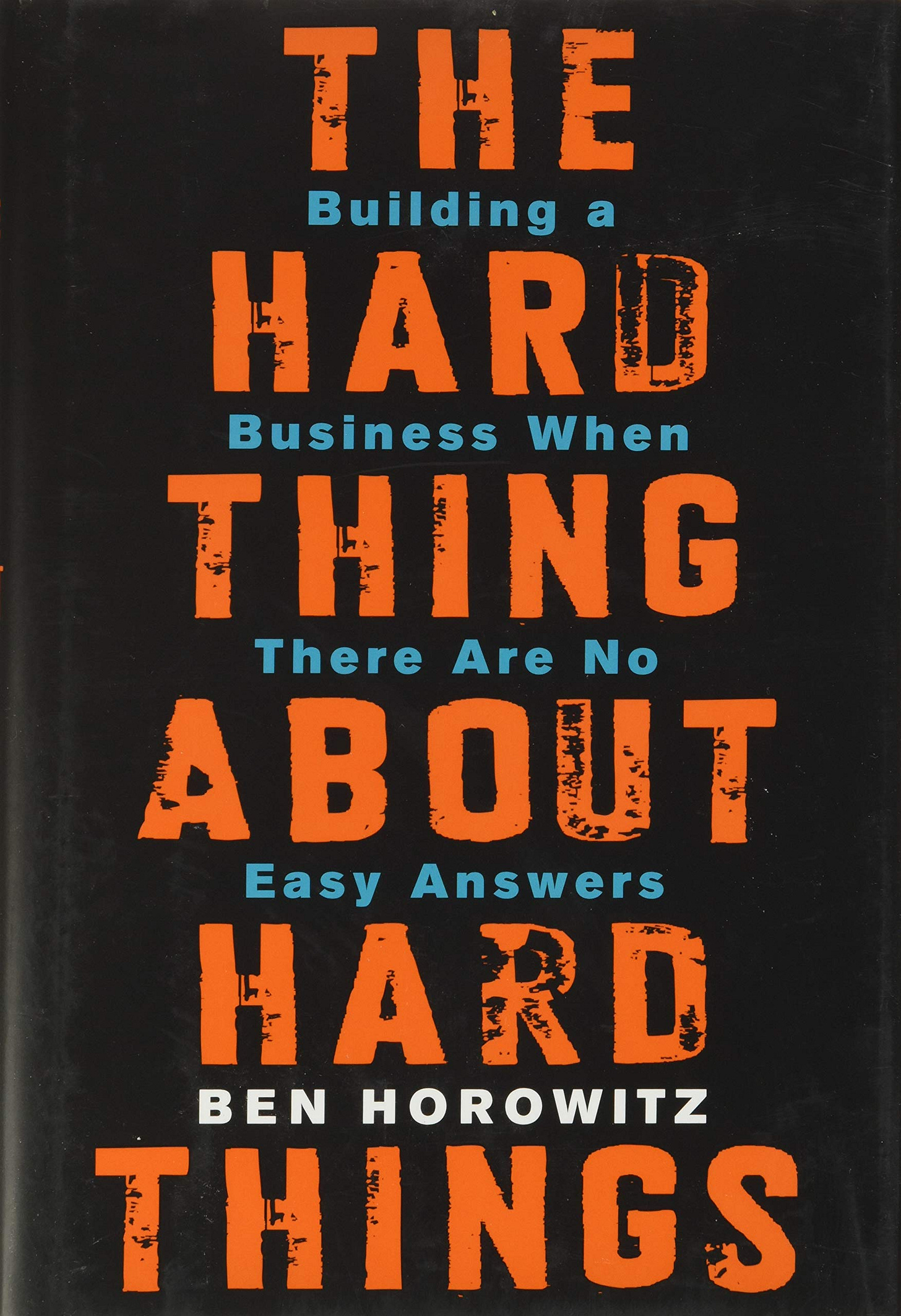
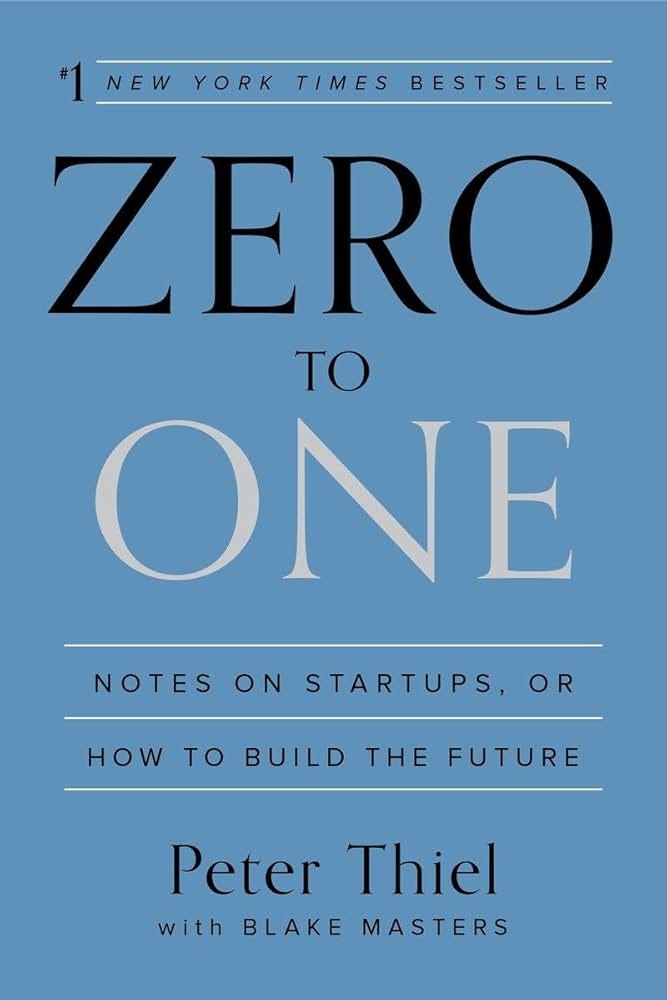

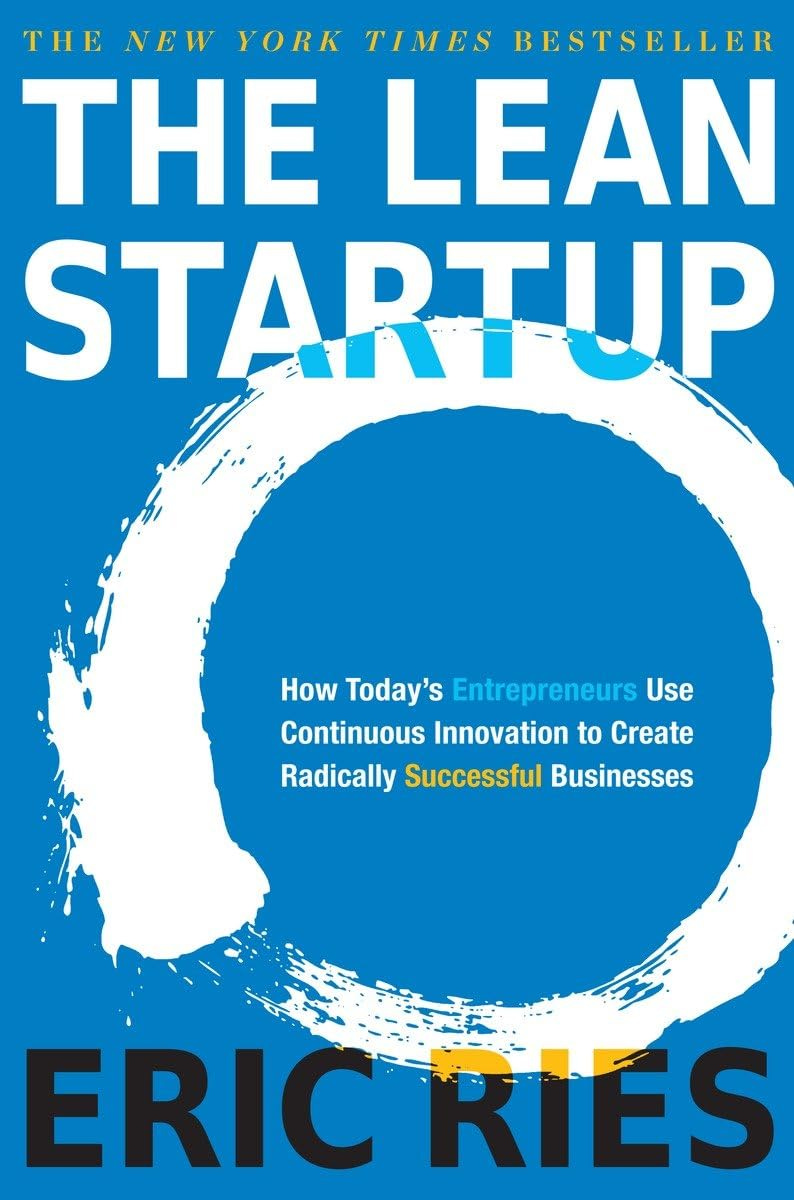
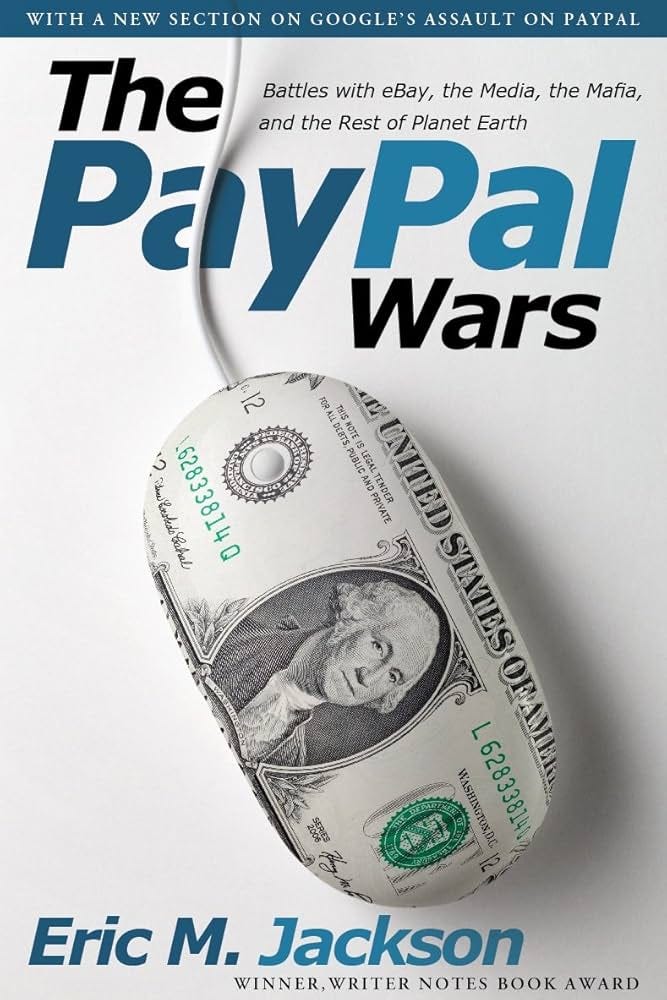
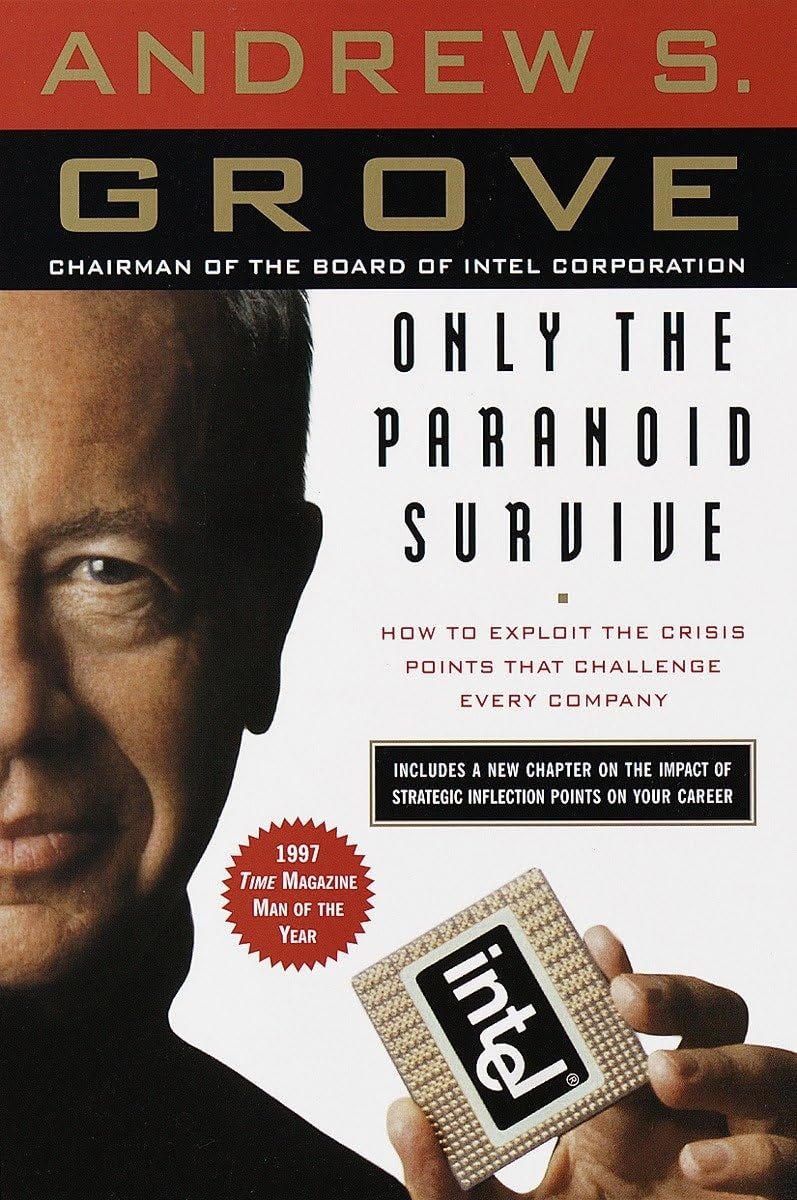
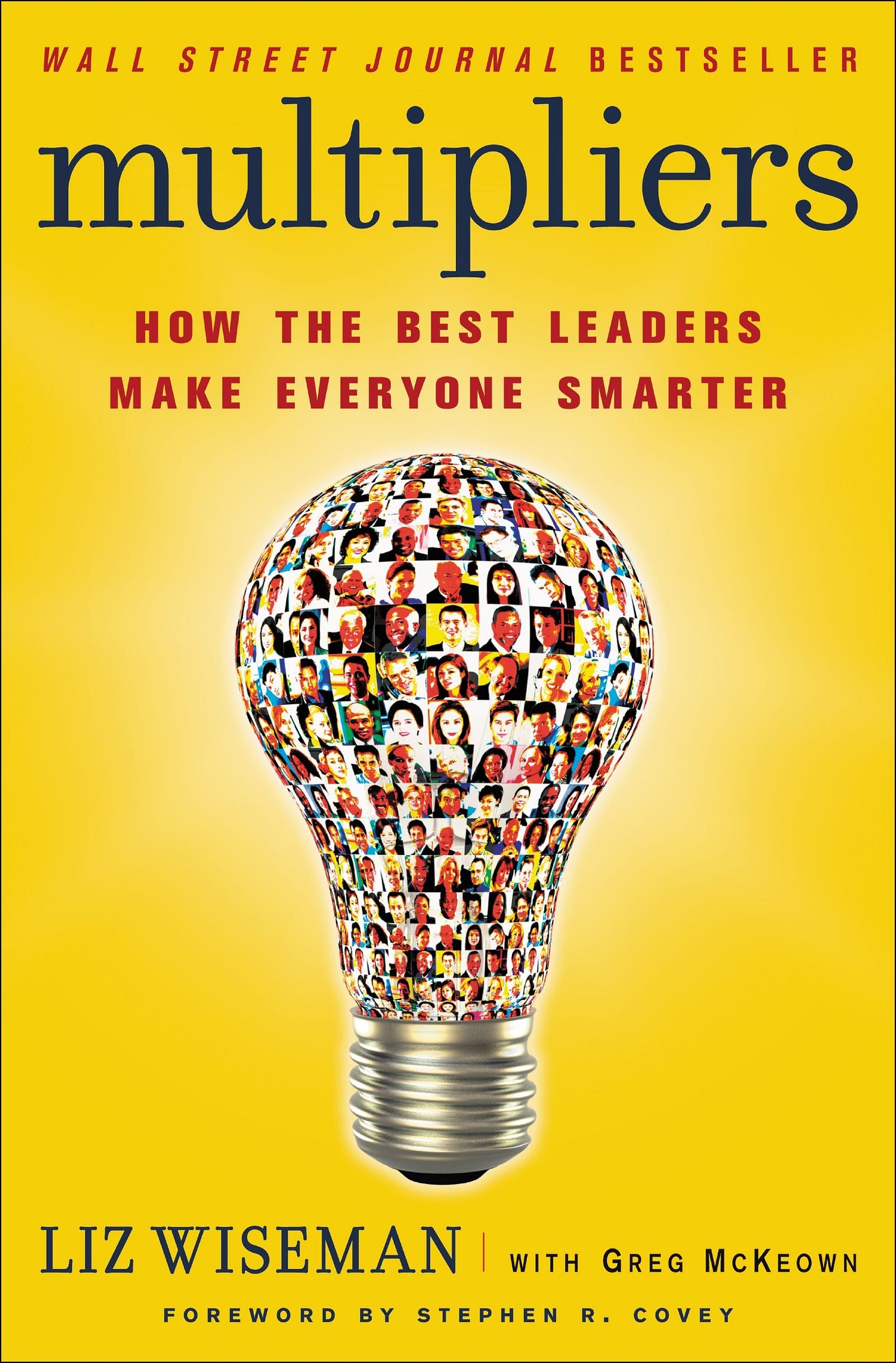
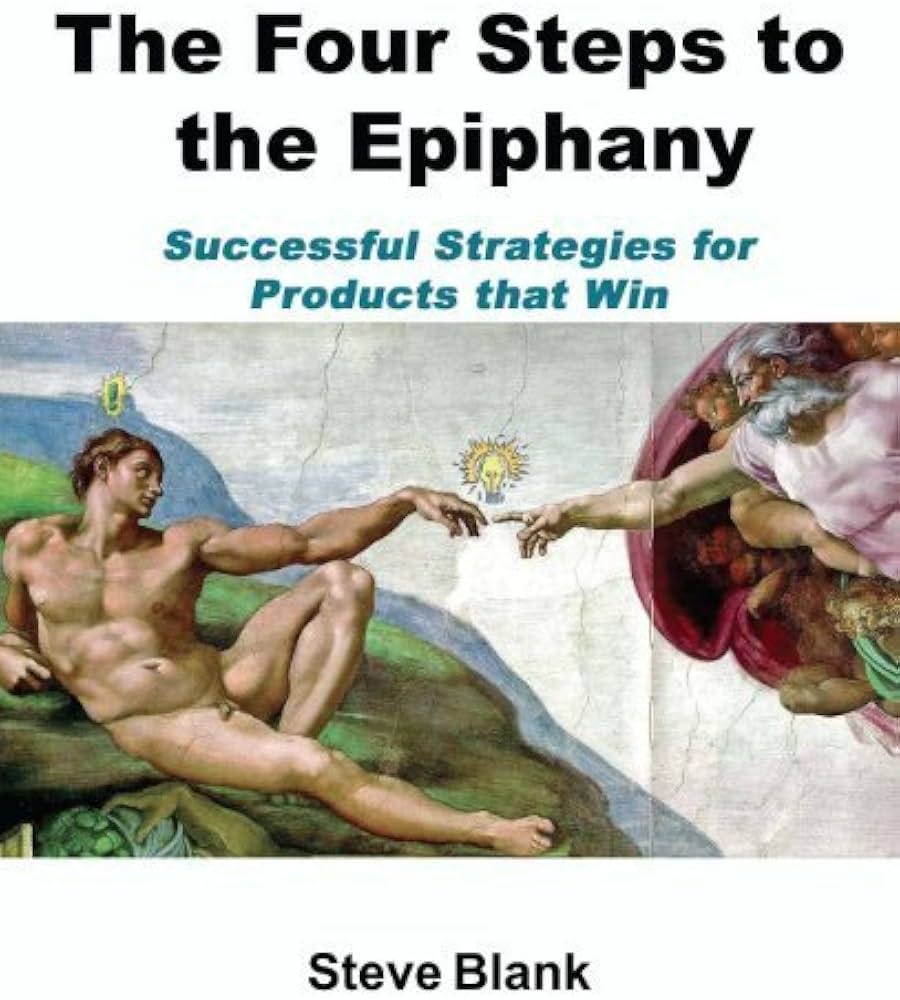
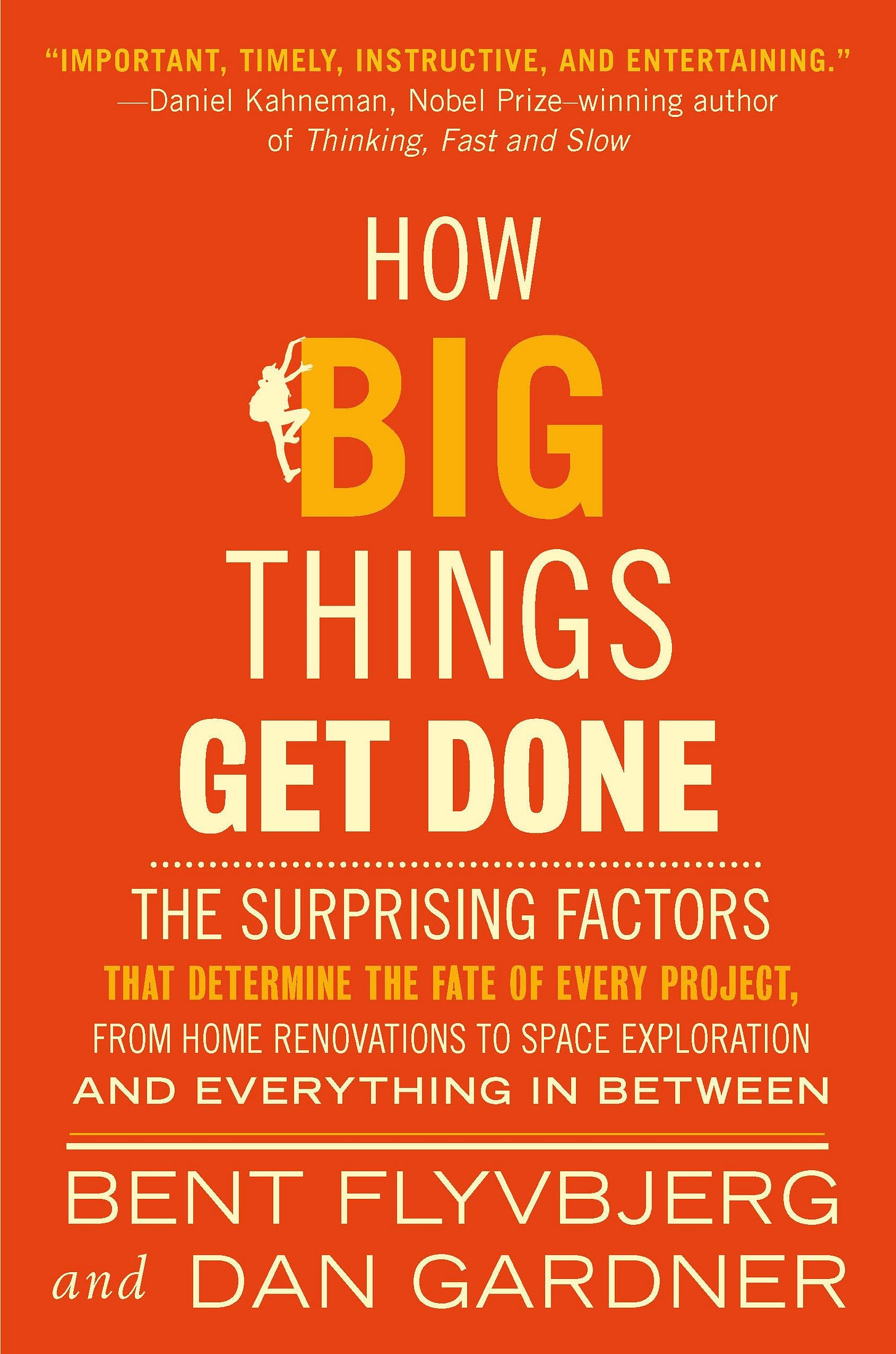

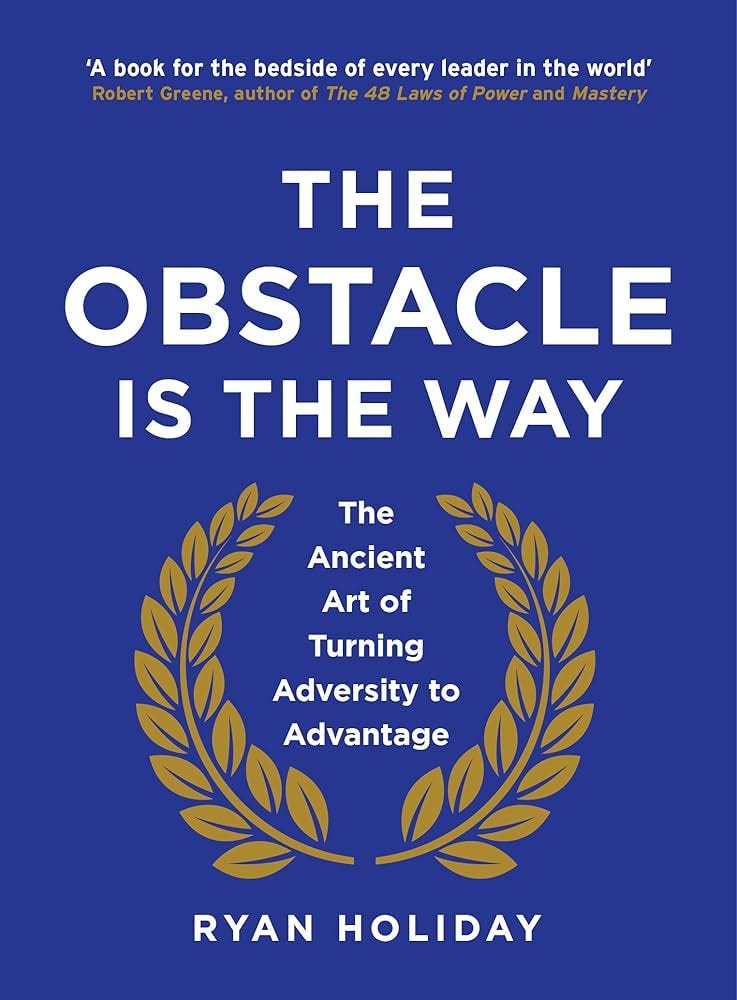
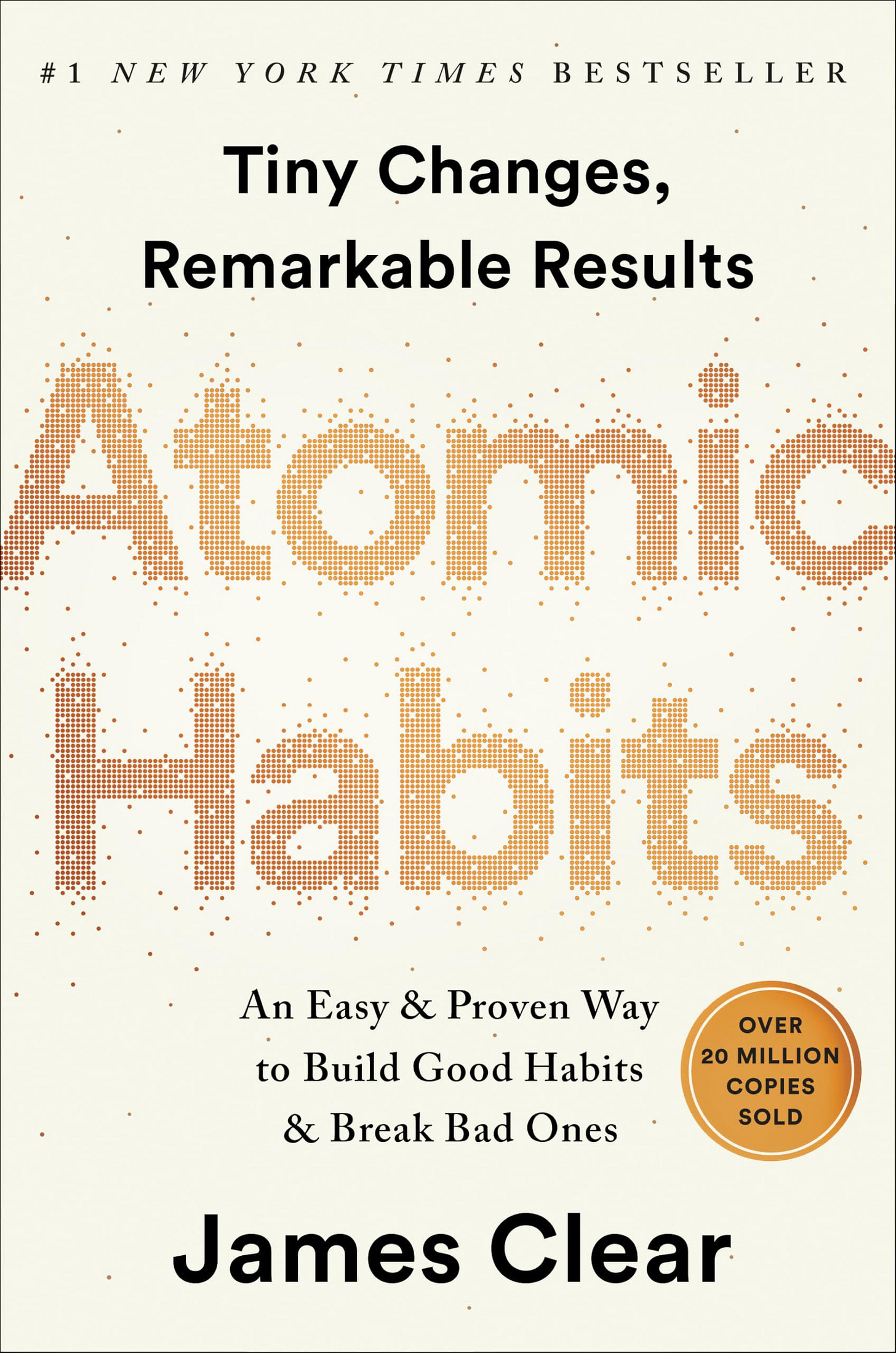

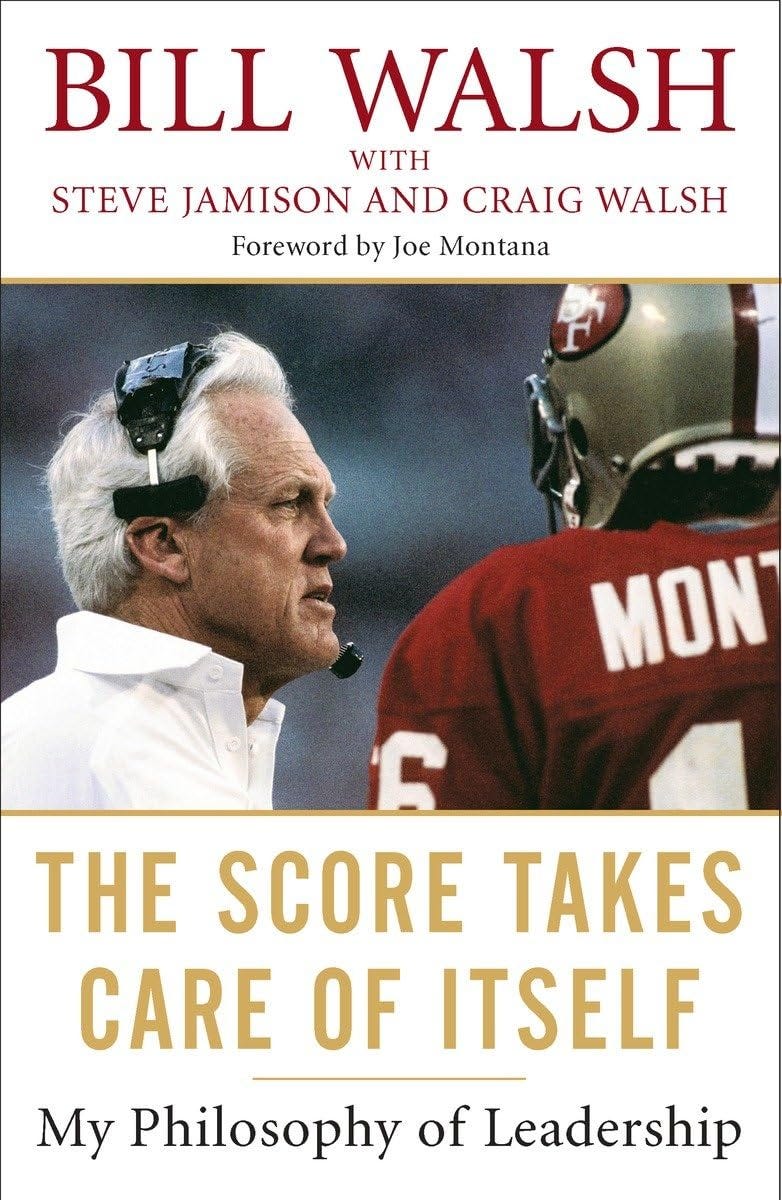
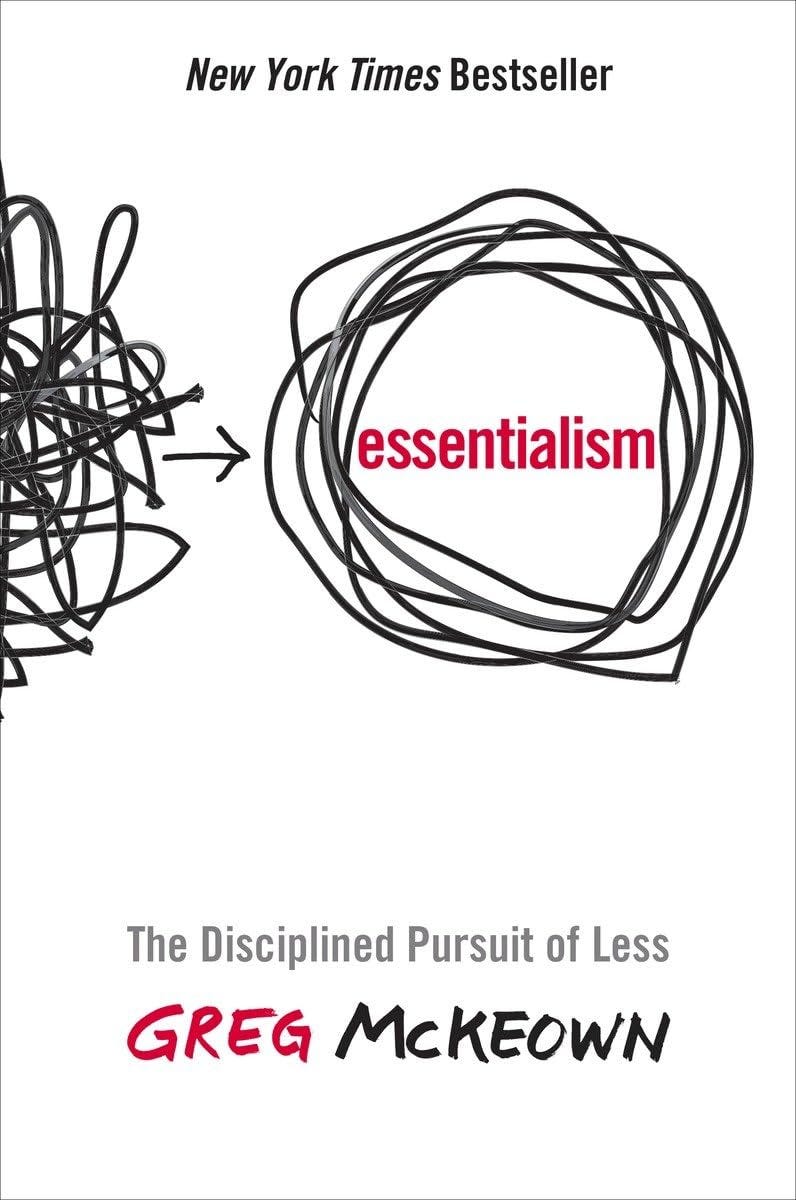

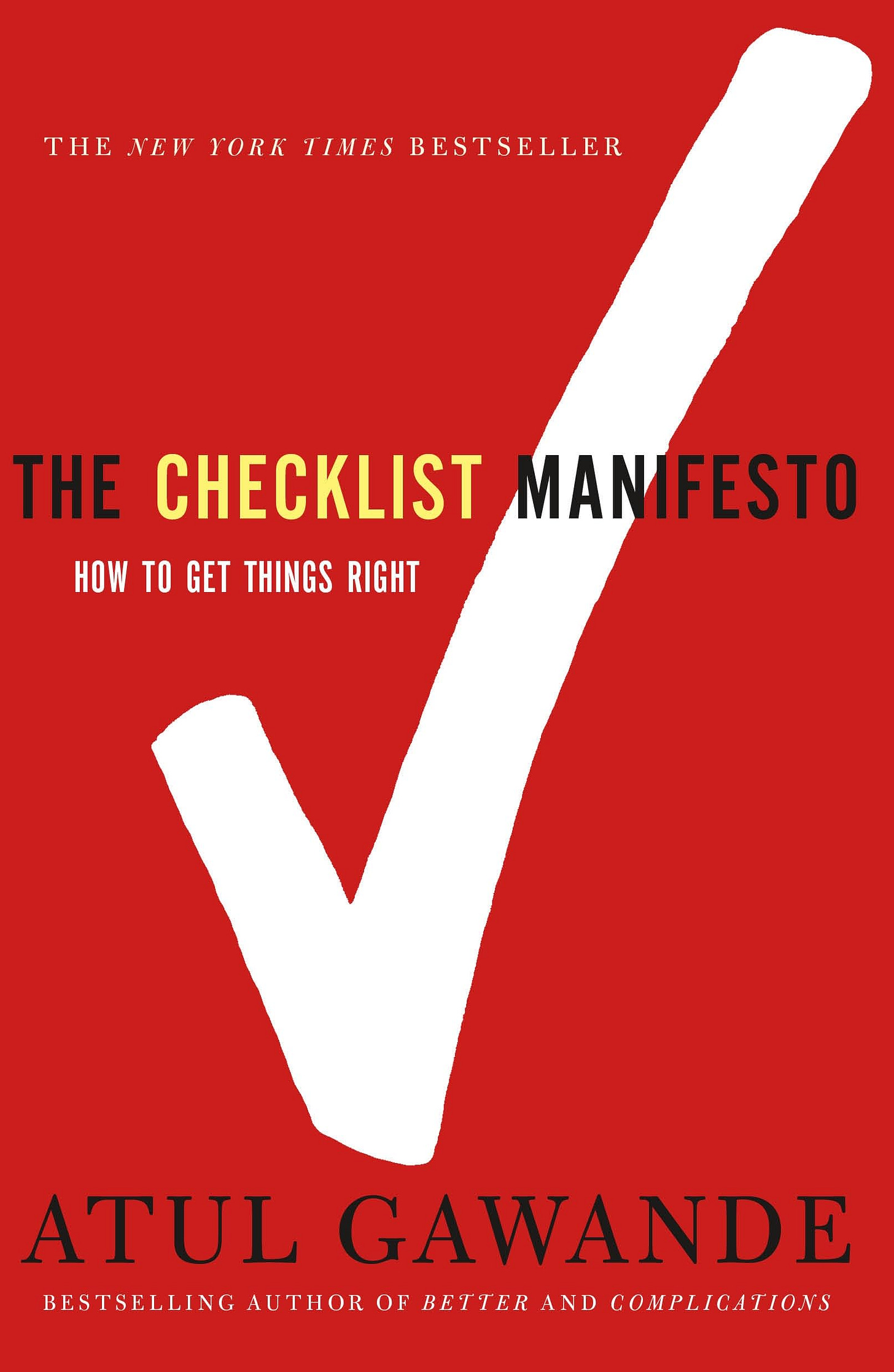
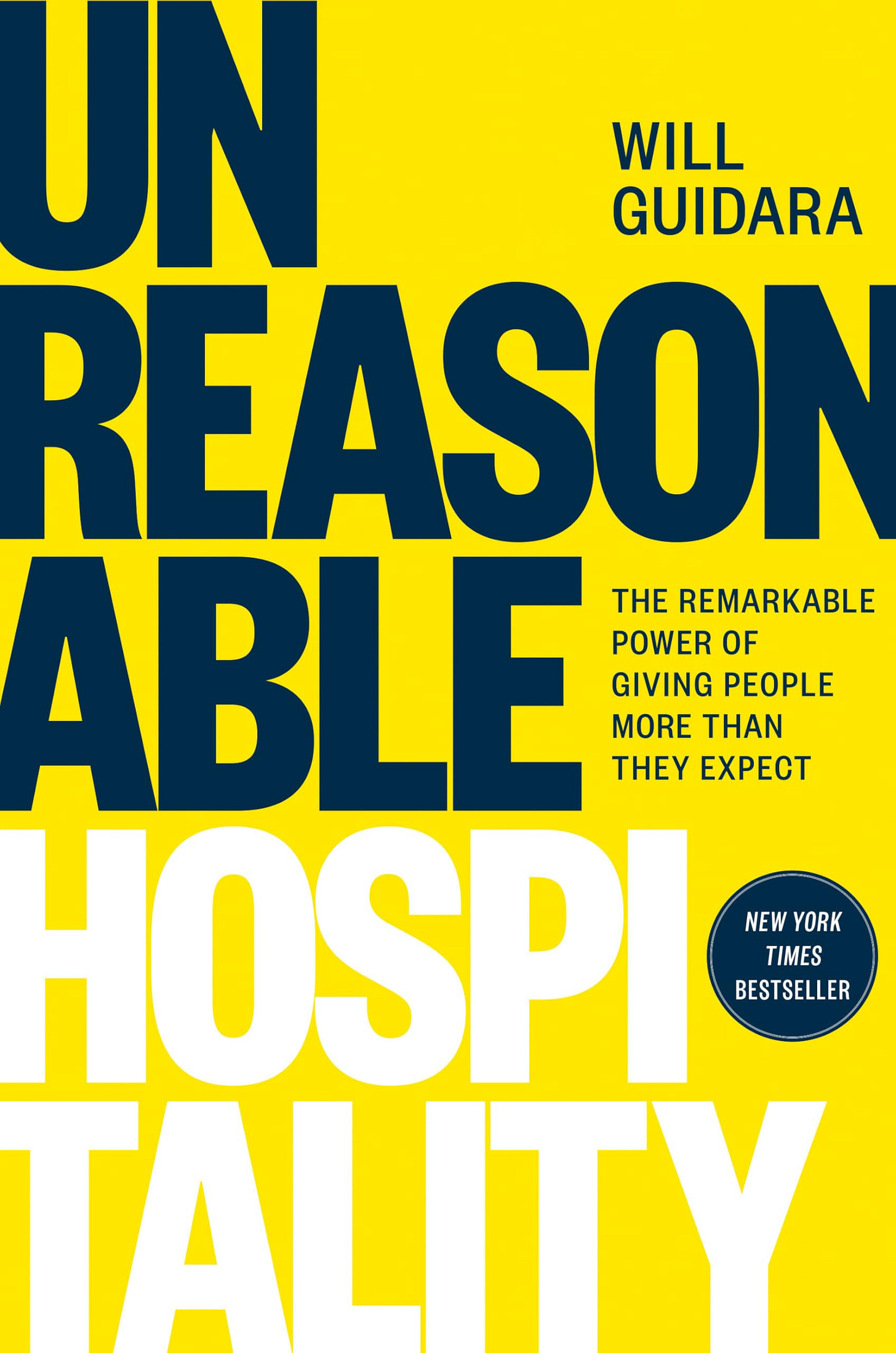

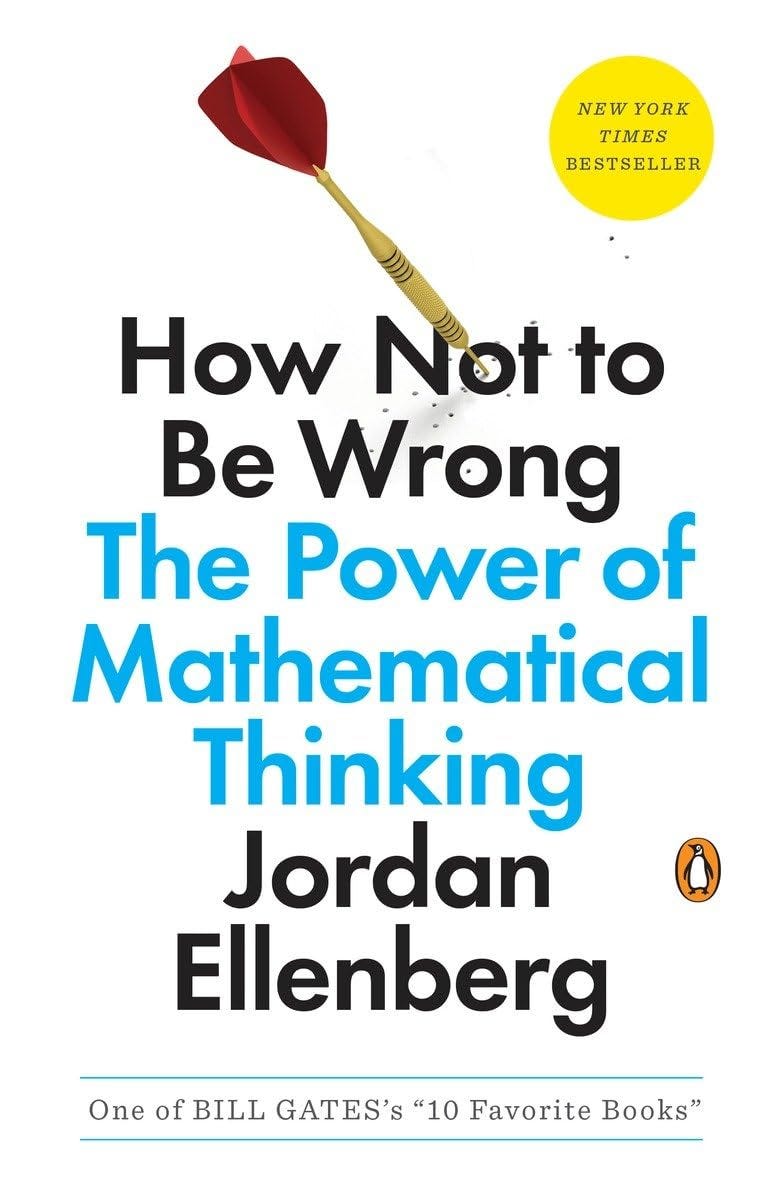
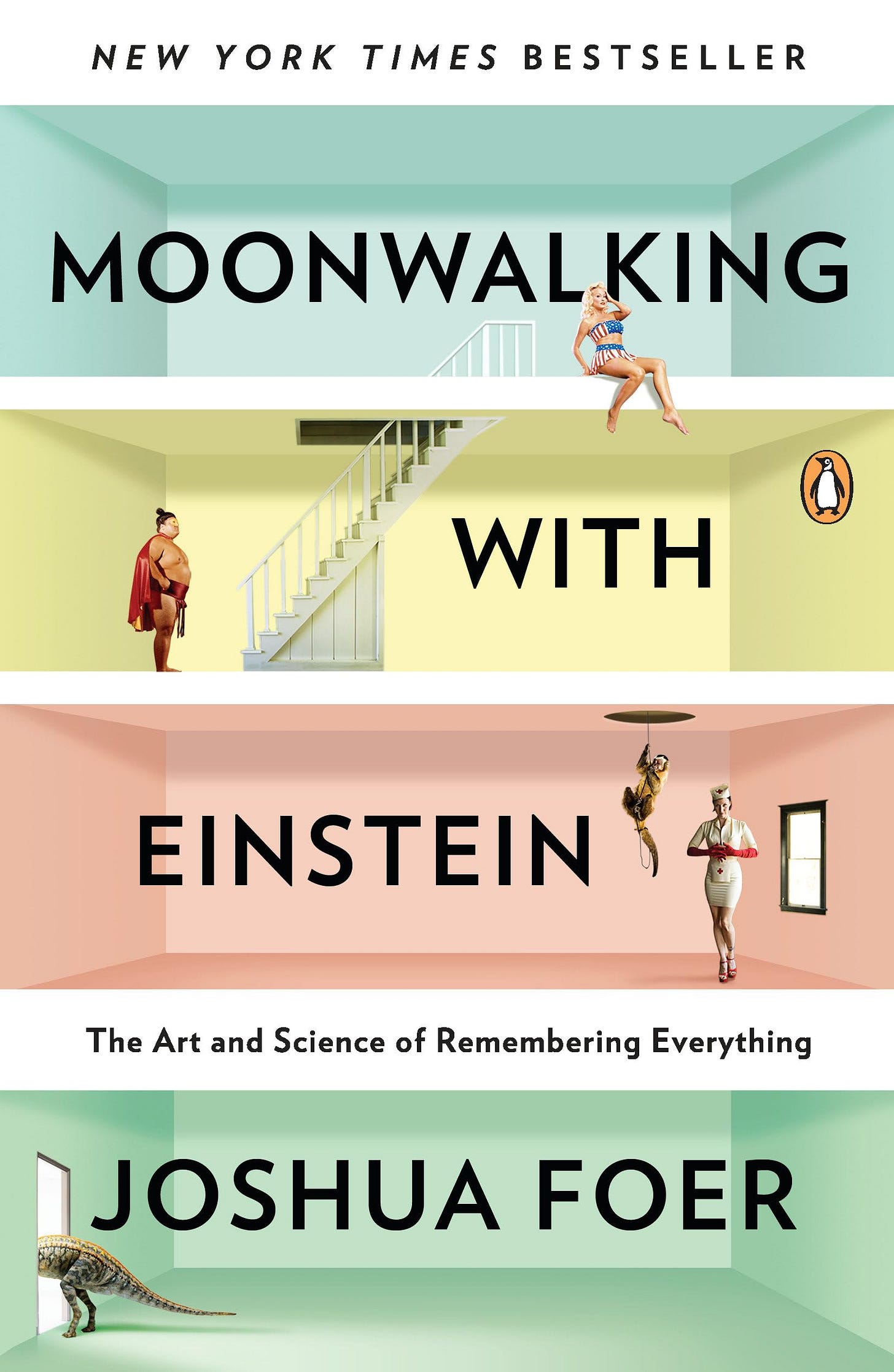
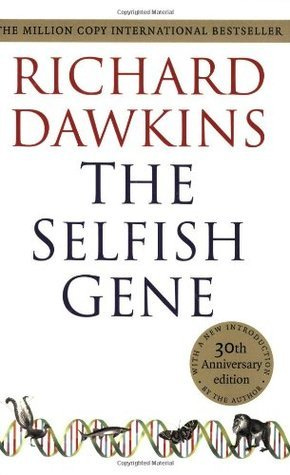

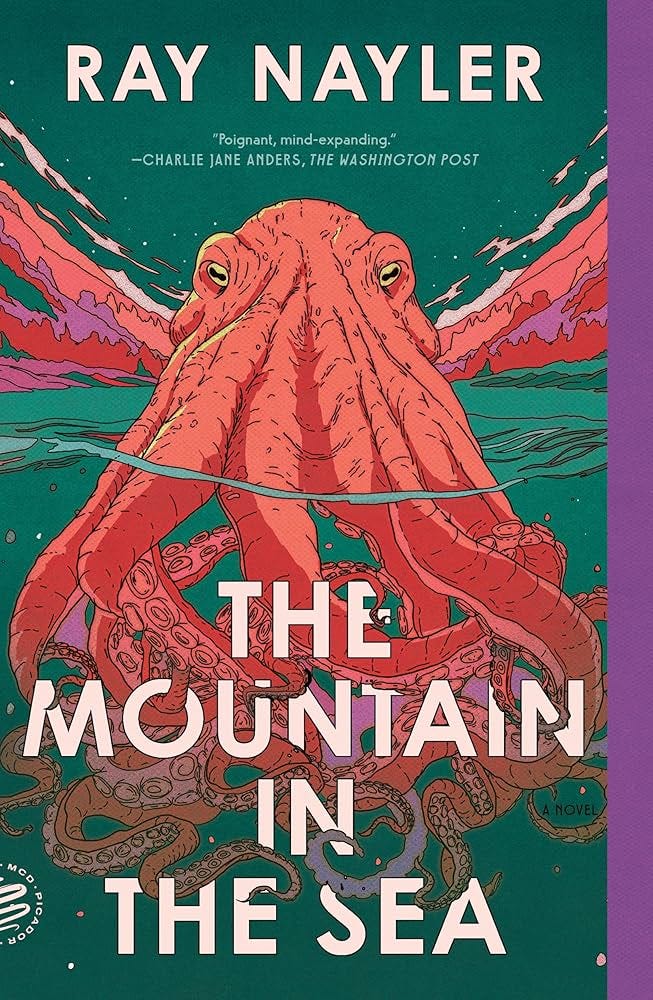

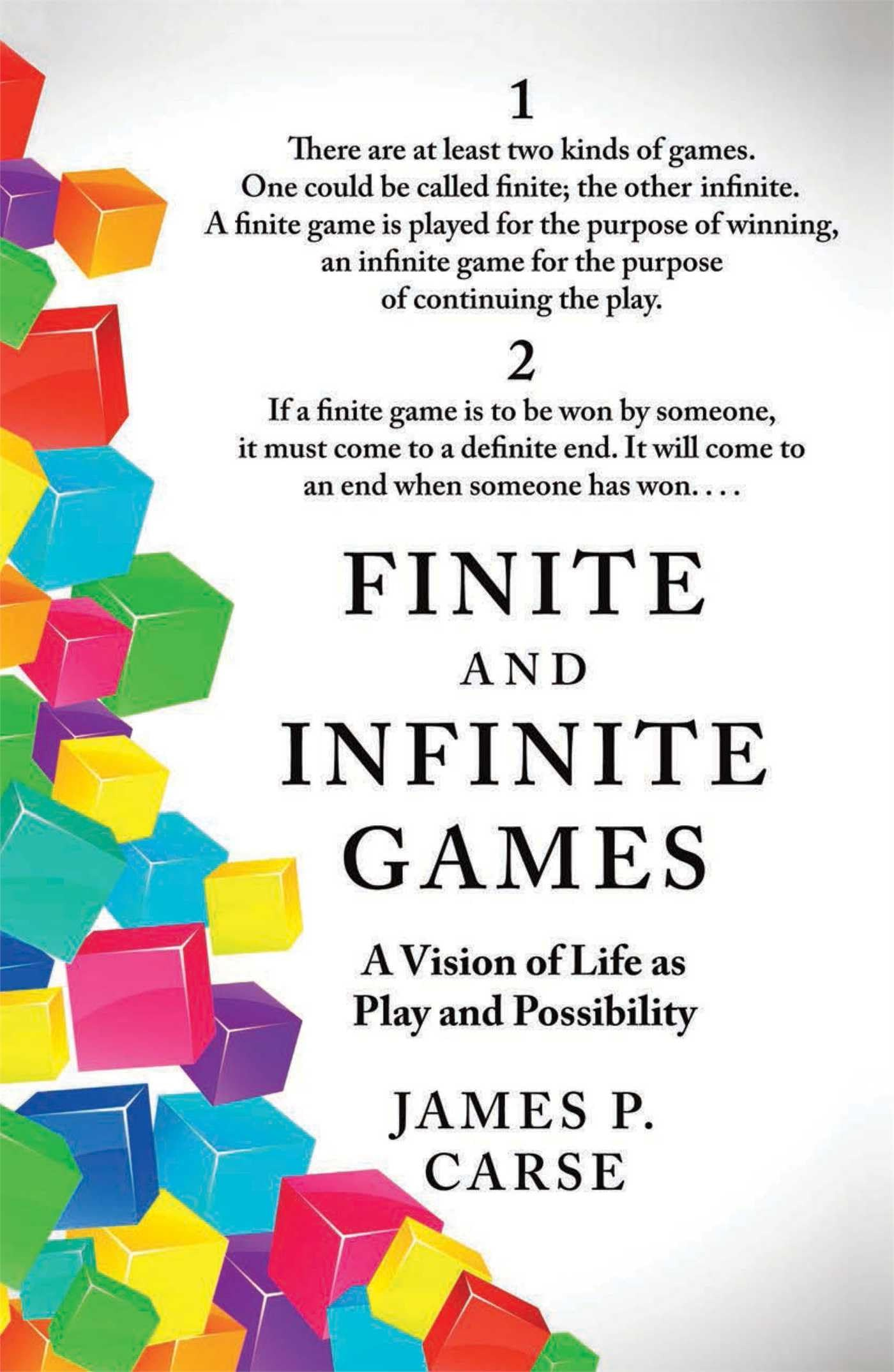


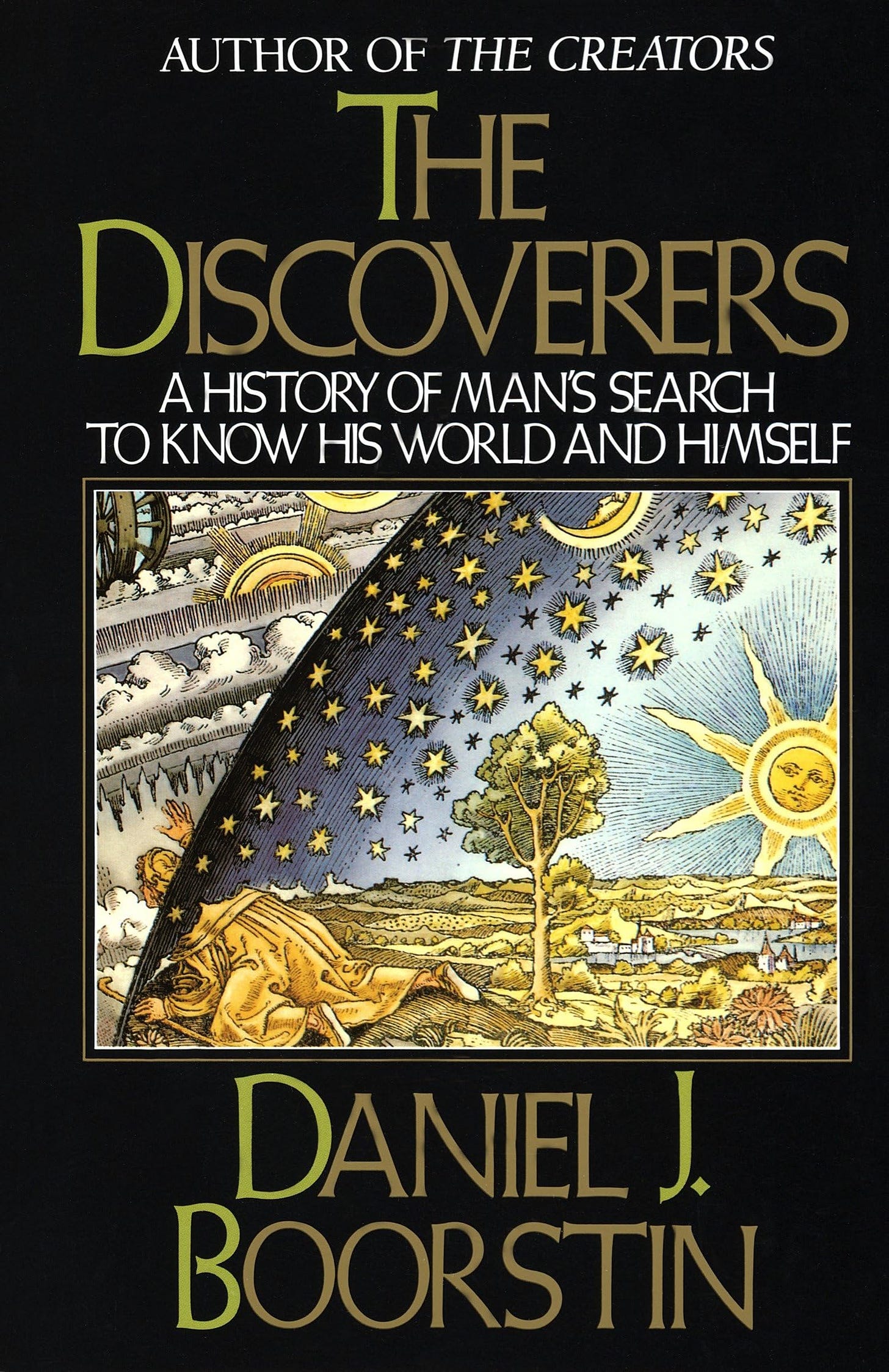
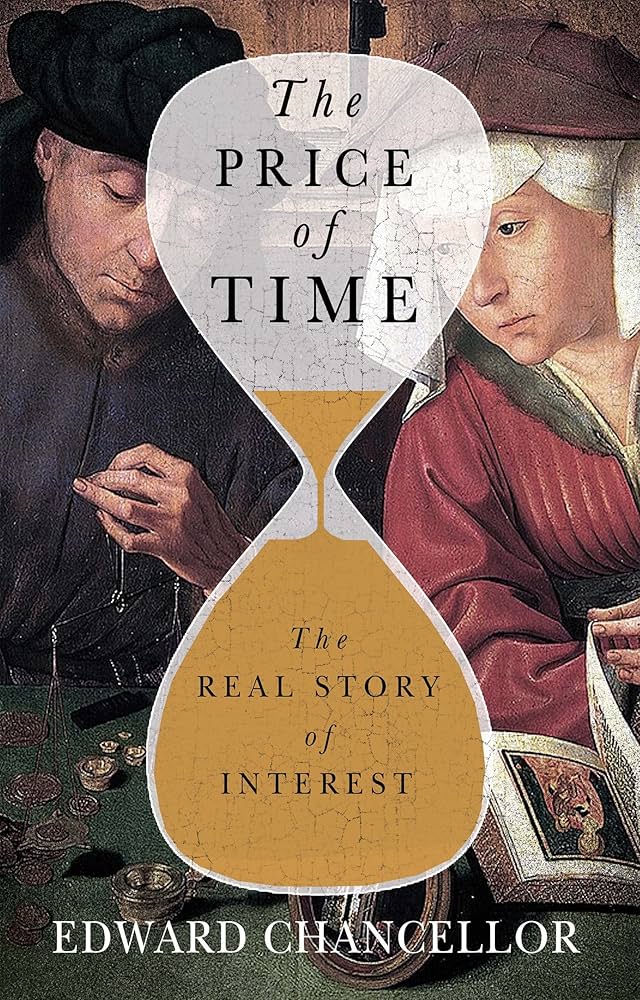
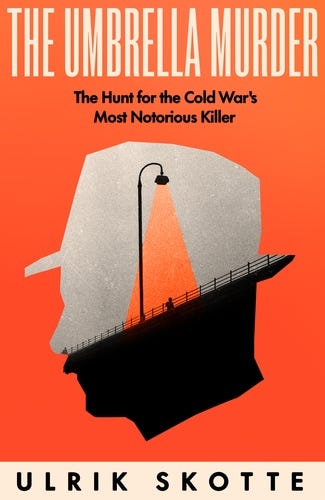
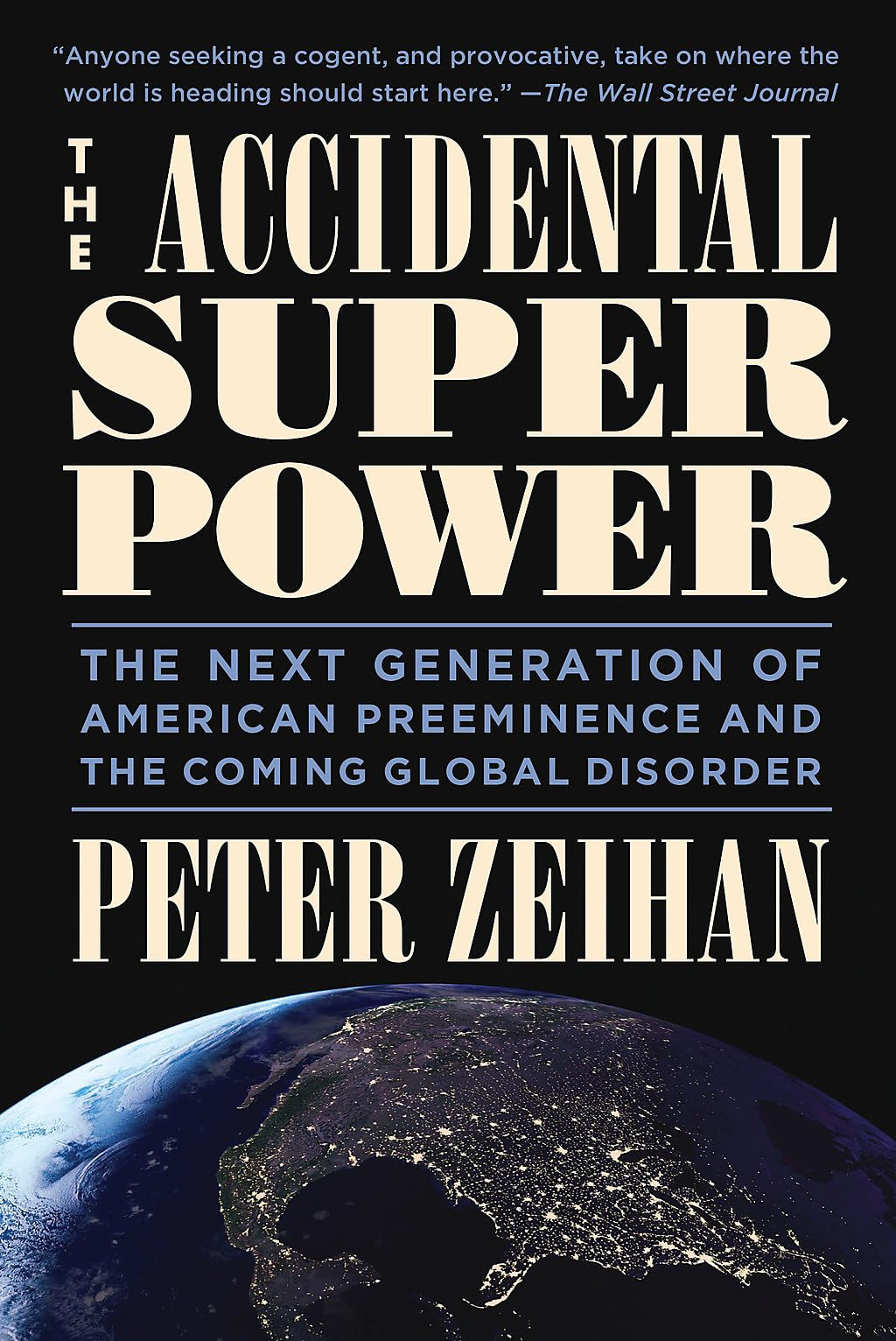
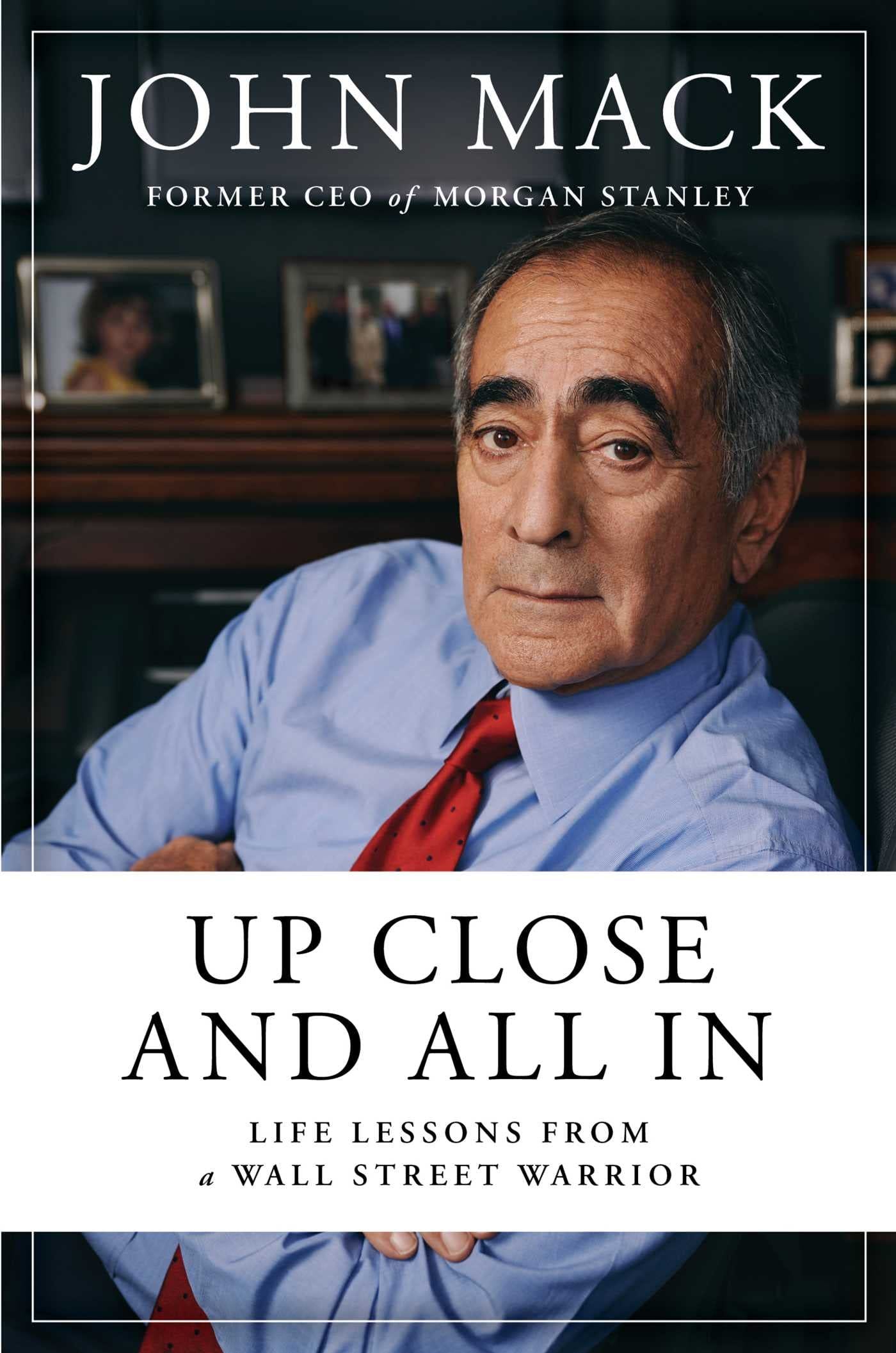


Thanks for sharing, Miguel!